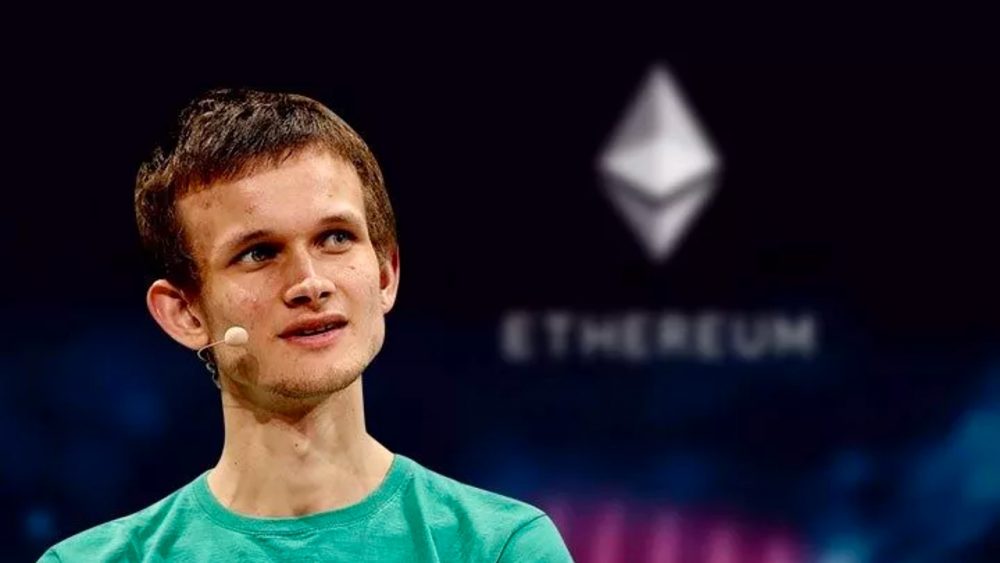Vitalic ButerineIn his May 21 blog post, he warned against overloading the Ethereum consensus.
Buterin, in his blog post, argued that Ethereum consensus minimalism should be preserved and that validators should not be burdened with other work. The founder warned that using Ethereum’s network consensus for other things could introduce high systemic risks to the ecosystem and should be opposed.
Buterin: We Must Protect Ethereum Minimalism
Buterin noted that a number of proposals or ideas have come up over the years that suggest the Ethereum social consensus be used for other purposes, such as price and data oracles, re-stake attempts, and layer-1 soft forks to rescue layer-2 projects if they run into problems.
Commenting on his blog post, Buterin said, “As the core of the blockchain has the greatest economic weight and a large community following it, there is a natural tendency to try to extend the core of the blockchain with more functionality. But any such extension makes the kernel itself more fragile.”
Buterin said that a certain subset of these techniques can introduce high systemic risks to the ecosystem, such as bugs or a deliberate 51 percent attack.
Some high-risk examples include ETH/USD The creation of price oracles is also included. However, acknowledging the need for better oracles, he suggested a case-by-case approach as the various problems are so inherently different from one another.
Overall, Buterin noted that expanding the duties of the Ethereum consensus increases the costs, complexity, and risks of running a validator.
Buterin continued in the post: “We should preserve minimalism rather than expand it, support the use of unseen re-stakes as slippery slopes to expand the role of Ethereum consensus, and help developers find alternative strategies to achieve their security goals.”
The Ethereum consensus mechanism switched from the Proof-of-Work algorithm to the Proof-of-Stake algorithm in September last year.




